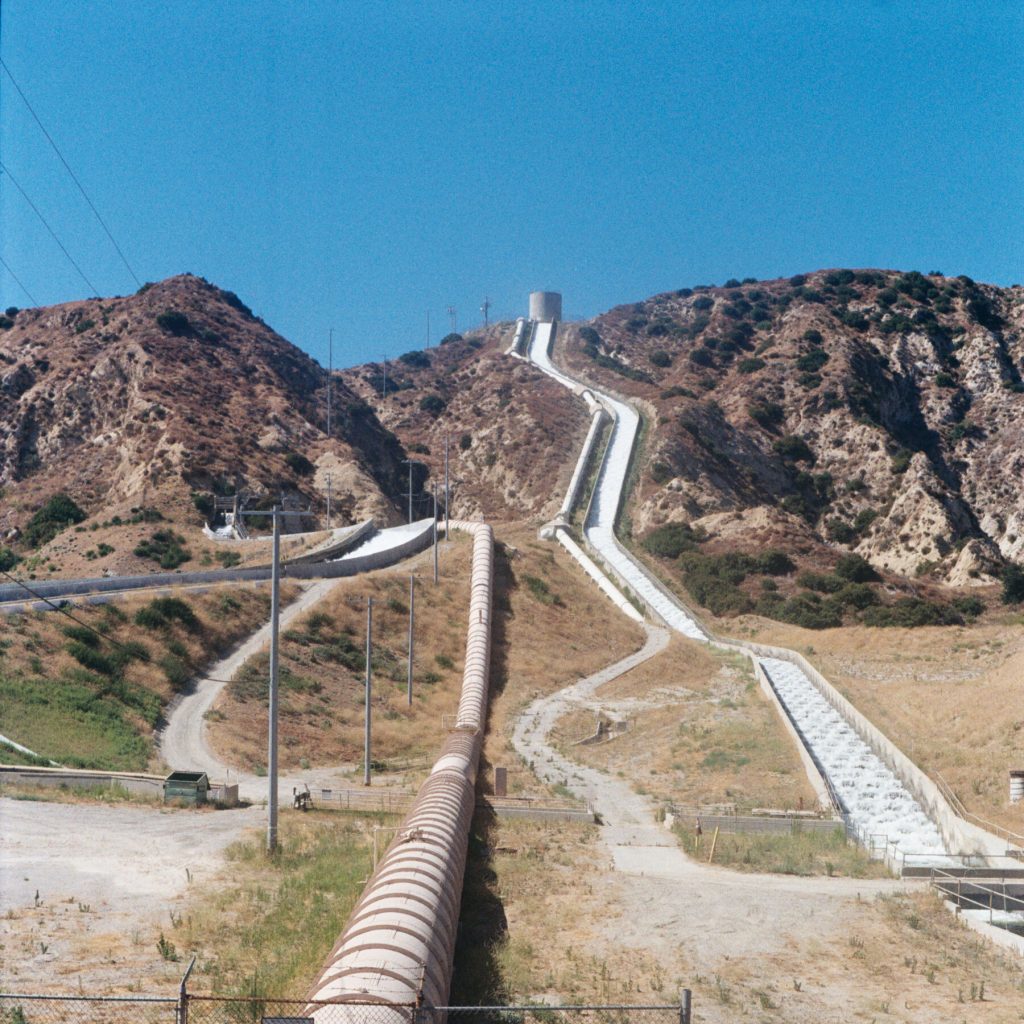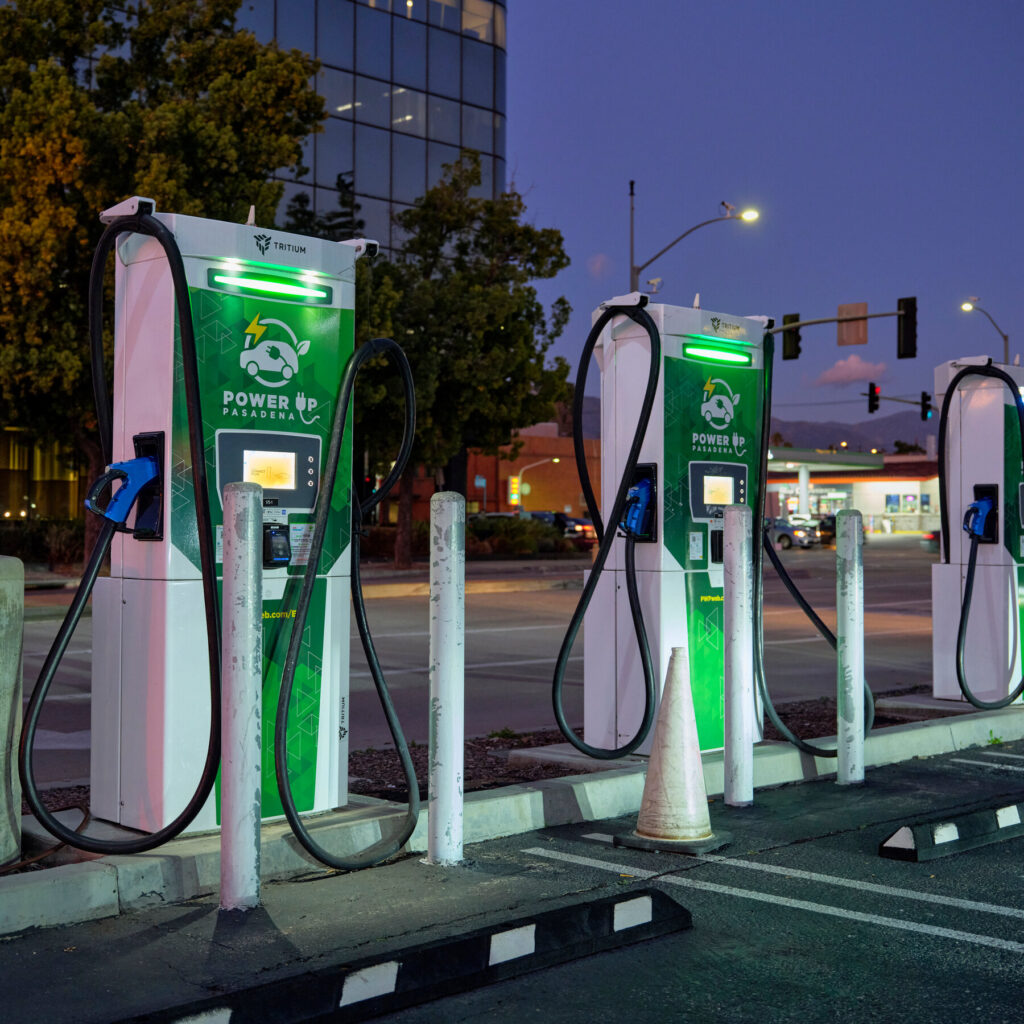Making Water Conservation a Habit

As the world grapples with the challenges of climate change, water conservation has become an increasingly important issue. A recent story about Los Angeles’s water needs revealed a surprising fact: despite a growing population, the city has been using less water. This success can be attributed to a culture of conservation that was adopted after a series of severe droughts in the 1970s. The city’s residents have made a conscious effort to reduce their water usage, with 90% of respondents in a 2024 survey stating that they consider it important to conserve water daily, even when the region is not in a drought.
But what can other cities and individuals do to make water conservation a habit? Experts stress that conserving water not only helps to preserve this precious resource but also has a significant impact on reducing emissions. “Any water that we conserve is also energy conserved,” said Ashlynn Stillwell, a professor of civil and environmental engineering at the University of Illinois Urbana-Champaign. Treating and transporting water, as well as heating it, requires a lot of energy.
In the Northeast, water overuse has caused rivers to dry up, leading to environmental impacts like fish die-offs. “We all need to use water, but use it reasonably,” said Shimon Anisfeld, who teaches at Yale and wrote the book “Water Management.” “Figure out how to use a little less in order to preserve the ecological health of the river systems that are providing this water.”
So, where can individuals start? The first step is to audit how you’re consuming water in your home, which can also help uncover leaks. Installing water-efficient fixtures and appliances, such as toilets, shower heads, and washing machines, can make a significant difference. According to the Natural Resources Defense Council, if every household were fully equipped with today’s higher-efficiency devices, average indoor household water use could drop by an additional 35% or more.
Outdoor water use is also a major strain on water resources, but the solutions for ecological landscaping may vary depending on the region. Replacing thirsty lawns with drought-tolerant landscapes is more essential in dry climates, while letting traditional turf lawns go brown during the summer can suffice in places with more regular rainfall.
Many individuals have taken personal actions to reduce their water usage, such as taking shorter showers, collecting and reusing excess running water, and turning off the sink while brushing teeth. These actions may seem small, but they can have a significant impact when multiplied by millions of people. As Stillwell said, “Personal actions can also model behavioral change for others, and that’s where that can start to snowball.”
The key is to make water conservation a habit, and it starts with small changes in our daily lives. By working together, we can make a significant impact on preserving this precious resource for future generations. As one Times headline put it 60 years ago, “Saving Water Is Game Any Number Can Play.”



